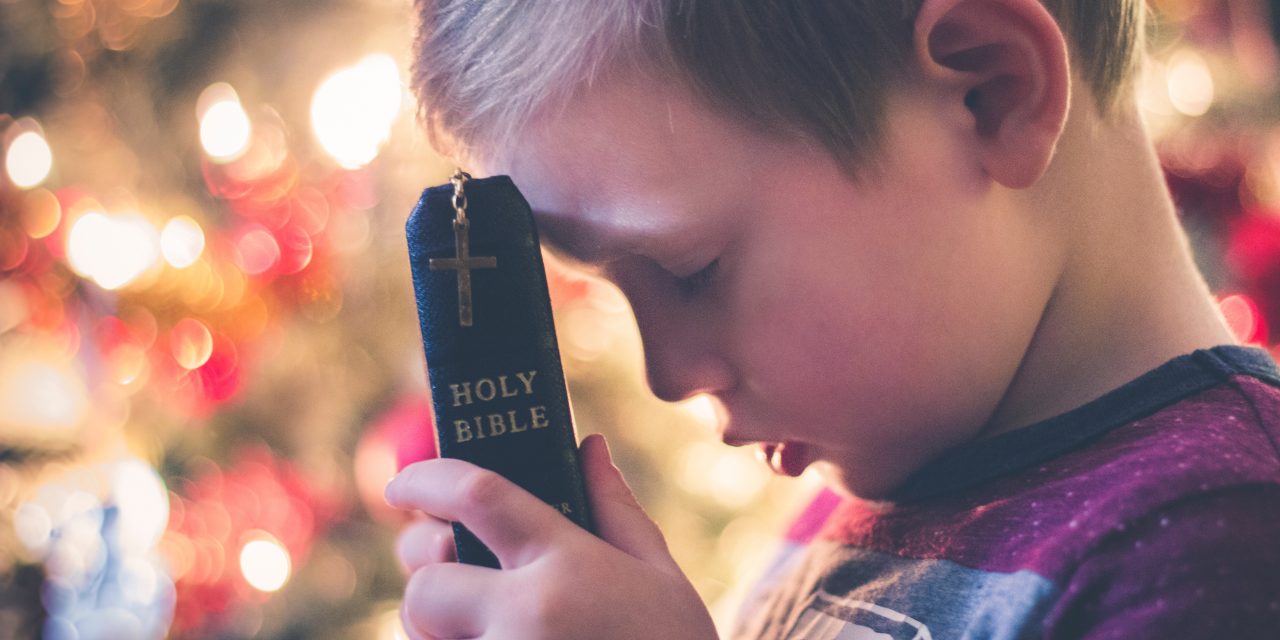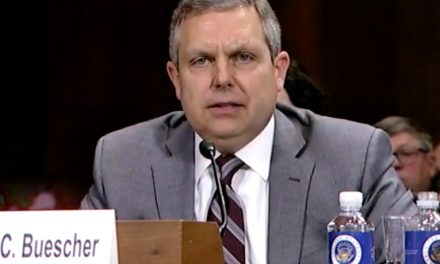The commemoration of Religious Freedom Day every January 16 may be the most important – and overlooked – American religious freedom observance on the calendar. But it stands toe to toe with such outstanding historical moments in U.S. history as the signing of the Mayflower Compact and the Declaration of Independence, or the ratification of the First Amendment to the U.S. Constitution.
On January 16, 1786, the Virginia Assembly passed the Virginia Statute of Religious Freedom, authored by none other than Thomas Jefferson. The statute carried forward Jefferson’s ideas embraced in the 1776 Declaration of Independence, including the importance of freedom of conscience and that such natural rights of men were “endowed by their Creator.” The Virginia Statute, shepherded through the Virginia Assembly by James Madison on Jefferson’s behalf, (Jefferson was in France at the time), became the foundation of Madison’s work just a few years later in 1789 when it came time for him to draft what became the First Amendment’s religion clauses (no establishment of religion; free exercise of religion).
It is because of that lineage of the First Amendment’s guarantee of religious freedom, which traces its history back through the Virginia Statute, that we commemorate this day each year. President Trump issued this year’s annual proclamation. Its opening paragraph trumpets our nation’s unique pledge to guarantee this freedom:
On Religious Freedom Day, we celebrate our Nation’s long‑standing commitment to freedom of conscience and the freedom to profess one’s own faith. The right to religious freedom is innate to the dignity of every human person and is foundational to the pursuit of truth.
Jim Daly, President of Focus on the Family, agrees with the importance of this day’s observance:
“It’s fitting and appropriate that we commemorate Religious Freedom Day annually as a tribute and reminder to us that religious liberty is not a gift given to us from government, but an inalienable right granted to us by the Creator of the universe. We must remain vigilant to defend that liberty, conscious of President Reagan’s warning, ‘Freedom is never more than one generation away from extinction. We didn’t pass it to our children in the bloodstream. It must be fought for, protected, and handed on for them to do the same.’”
James Madison, known as the “Father of the Constitution” for his yeoman’s work in drafting major parts of the U.S. Constitution and the Bill of Rights, was not only Jefferson’s fellow Virginian, but his ideological partner as well. We have Madison to thank for the incorporation of Jefferson’s ideas into the First Amendment.
Timothy Goeglein, Focus on the Family’s Vice President for External Relations, and a keen student of history himself, extols Madison’s commitment to religious freedom:
“The primary author of the U.S. Constitution was James Madison. He famously wrote, ‘Conscience is the most sacred of all property.’ That is as true today as it was in the 18th century. Madisonian principles on religious liberty have never been more important in our beloved nation than now.”
Jefferson and Madison’s contributions to the nation’s understanding of religious liberty cannot be overestimated. Their enduring legacy is a freedom of conscience unequaled anywhere in the world. Today’s commemoration rightly focuses a grateful nation on that legacy.






